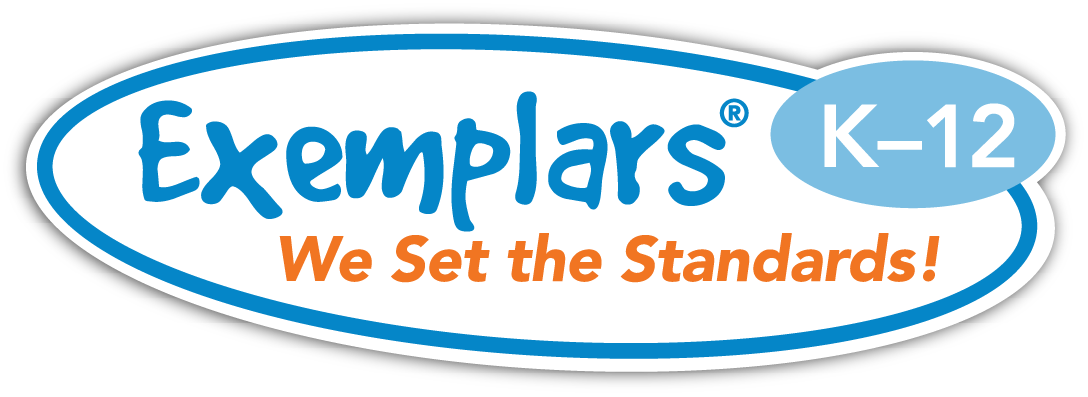NCTM
The following excerpts were documented by the National Council for the Teachers of Mathematics and can be found in the publication, "Principles and Standards for School Mathematics" on pages 60-268.
National Council of Teachers of Mathematics. Principles and Standards for School Mathematics. Third Printing ed. Reston: The National Council of Teachers of Mathematics, Inc, 2003.
"Students who have opportunities, encouragement, and support for speaking, writing, reading and listening in mathematics classes reap dual benefits: They communicate to learn mathematics and they learn to communicate mathematically." p. 60
"Writing in mathematics can also help students consolidate their thinking because it requires them to reflect on their work and clarify their thoughts about the ideas developed in the lesson. Later, they may find it helpful to reread the record of their own thoughts." p. 61
"Written communication should be nurtured...Students begin school with few writing skills. In the primary grades, they may rely on other means, such as drawing pictures, to communicate. Gradually they will also write words and sentences. In grades 3-5, students can work on sequencing ideas and adding details and their writing will become more elaborate. In the middle grades, they should become more explicit about basing their writing on a sense of audience and purpose. For some purposes it will be appropriate for some students to describe their thinking informally, using ordinary language and sketches, but they should also learn to communicate in more-formal mathematical ways, using conventional mathematical terminology through the middle grades and into high school." p. 62
"The process of learning to write mathematically is similar to that of learning to write in any genre. Practice, with guidance, is important. So is attention to the specifics of mathematical argument, including the use an special meanings of mathematical language and the representations and standards of explanation and proof." p. 62
"Examining and discussing both exemplary and problematic pieces of mathematic writing can be beneficial at all levels." p. 62
K–2
"Communicating about mathematical ideas is a way for students to articulate, clarify, organize, and consolidate their thinking." p.128
"When students struggle to communicate ideas clearly, they develop a better understanding of their own thinking." p.129
Throughout the early years, students should have daily opportunities to talk and write about mathematics." p.128
"Young students' abilities to talk and listen are usually more advanced than their abilities to read and write, especially in the early years of this grade band. Therefore, teachers must be diligent in providing experiences that allow varied forms of communication as a natural component of mathematics classes..." p.130
3–5
"Their writing should be more coherent than in earlier grades, and their increasing mathematical vocabulary can be used along with everyday language to explain concepts. ....students' descriptions of problem-solving strategies and reasoning should become more detailed and coherent." p. 194
"Teachers also need to provide students with assistance in writing about mathematical concepts. They should expect students' writing to be correct, complete, coherent, and clear. Especially in the beginning, teachers need to send writing back for revision." p.198-99
6–8
"Each student should be expected not only to present and explain the strategy he or she used to solve a problem but also to analyze, compare, and contrast the meaningfulness, efficiency, and elegance of a variety of strategies. Explanations should include mathematical arguments and rationales, not just procedural descriptions or summaries." p. 268

